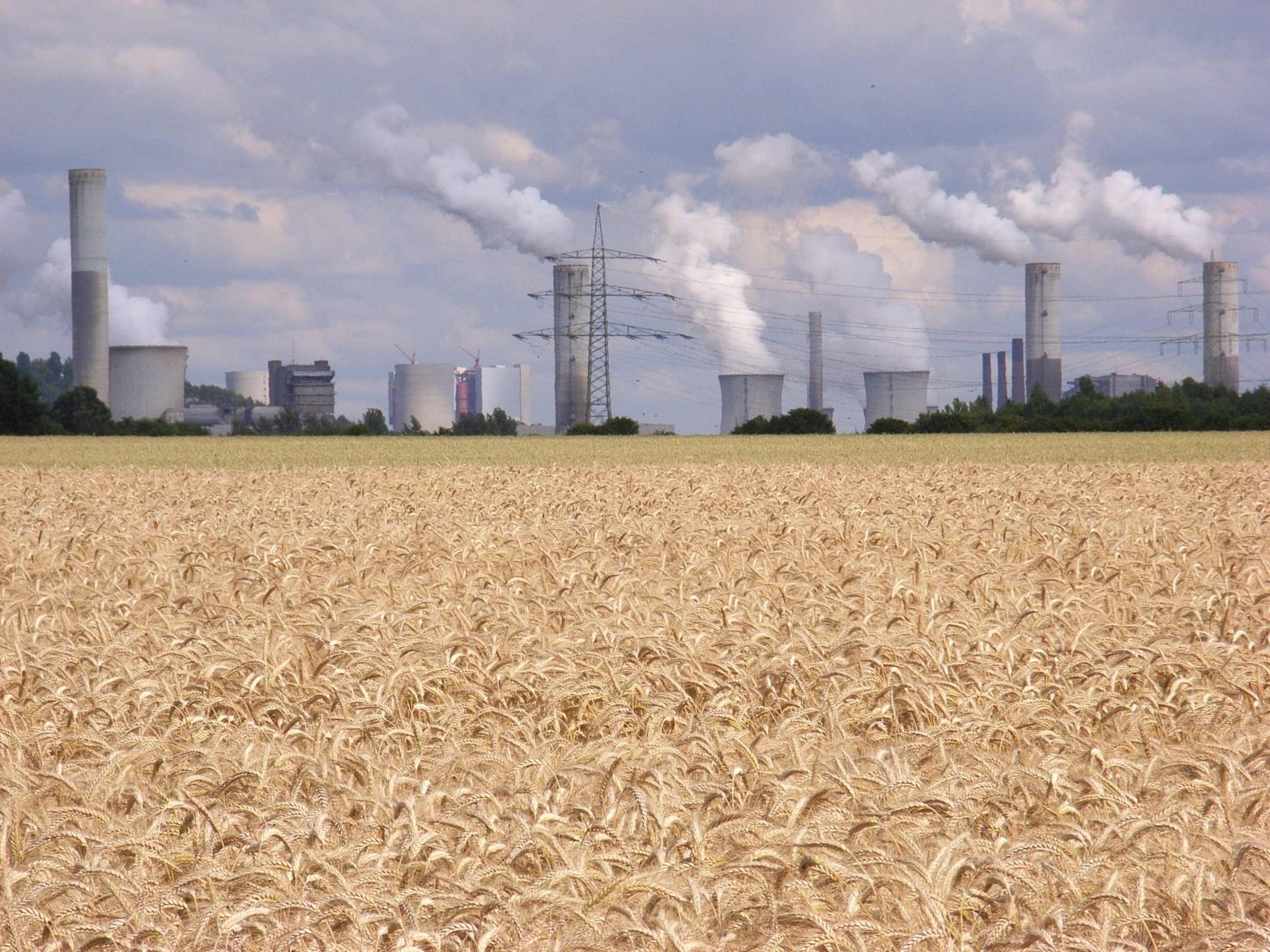South Korea, the world’s seventh greatest producer of greenhouse gas, is botching its transition to clean power due to the exploitation of an outdated United Nations (UN) energy classification loophole. The loophole in question is Biomass — a fuel that is proven to emit more CO2 at the smokestack than coal, but due to its renewability, is touted by such organizations as the UN, the U.S. Environmental Protection Agency, and the South Korean Ministry of Trade, Industry and Energy as carbon neutral. East Asia is following the lead of Europe and the U.S. in its Biomass uptick; pressure to decrease coal usage has resulted in a large boost in wood pellet burning, previously in the U.S. and UK, and now in South Korea and Japan, over the past decade.
Trees grow back. This is the logic behind the United Nations Framework Convention on Climate Change’s (UNFCCC) classification of wood Biomass as carbon neutral. They posit that the carbon released from the burning of forest Biomass will be re-sequestered when said forests are replanted, ultimately summing zero emissions. However, this fails to account for the here and now of the climate emergency: this carbon dioxide and particulate air pollution will wreak havoc in the immediate future, not wait decades for new trees to mature and absorb them. Global warming is no idle agent. The current policy’s treatment of Biomass implies a timeline that is both ignorant of the urgency of the crisis and incongruent with the 2050 carbon neutrality tenet of the Paris Accords.
Nevertheless, South Korea has capitalized on this loophole to the detriment of its own sustainability progression. The country codified the same erroneous “carbon neutral” label into its national clean energy classifications, bracketing Biomass alongside wind and solar power in its Renewable Energy Act (officially titled the Act on the Promotion of the Development, Use and Diffusion of New and Renewable Energy). Thus, South Korea allows its energy corporations to sidestep sustainability development imperatives on a domestic scale as its government does on an international scale. In 2012, the nation implemented the Renewable Portfolio Standard which requires energy producers to meet a renewable energy percentage baseline of 6%. However, the inclusion of Biomass in this standard allows companies to fill the quota via co-firing (burning coal with wood pellets), thus avoiding real progress toward clean energy.
Moreover, Biomass is hogging valuable government subsidies in the energy sector. South Korea has a monetarily incentivized sustainability program, of which Renewable Energy Certificates (RECs) are the currency. Many energy companies cashed in on these lucrative incentives by incorporating Biomass into their existing coal plants through co-firing, rather than investing in new green energy facilities, as the program intended. Biomass, a pseudo-green energy, accounted for an alarming 40% of REC distribution between 2014-2018. Nearly half of the subsidies that ought to have funded carbon-neutral power instead funded increased emissions: South Korea’s financing of dirty Biomass is directly undercutting its clean energy efforts. What’s worse is that the government’s officials seem to be actively ignoring this reality. In October of last year, a week before the COP26 climate summit in Glasgow, 12 climate NGOs from Japan and South Korea penned an open letter to the leaders of their countries, decrying escalating Biomass consumption and demanding reform on the issue at the forthcoming summit. Neither former President Moon Jae-in, nor the Korean ministers of Forestry or Trade, Industry, and Energy acknowledged the letter. At Glasgow, Biomass made no appearance on the official agenda or in reform negotiations. In more recent denunciatory articles, the South Korean government has similarly refused to comment. Currently, the country’s Biomass burning shows no signs of slowing its consistent growth of approximately 160% annually since 2012. In fact, the chemical manufacturer LG Chem Ltd. has recently slated a new Biomass power plant for construction in the Southern coastal city of Yeosu. South Korean treatment of wood Biomass burning needs overhaul — it is not the so-called “energy crisis lifeline” that the government and certain energy firms purport it to be. And this is indeed a global error, originating from the topmost authority of the UNFCCC. However, as the UN appears unlikely to address its classification misstep (it consistently excludes discussion of Biomass burning from prominent conference agendas), the remedy must proceed bottom up: South Korea, as one of the top Biomass burning countries in the world, can implement changes on a domestic level which will call attention to the flawed UN convention. A highly impactful, yet manageable initial step for South Korea to take is to amend the REC subsidy policy to exclude Biomass burning. De-incentivization of dirty energy should be an immediate priority, and this adjustment will automatically re-funnel funds into genuine carbon-neutral energy ventures. Staggering progress in sustainability could occur with the proper reallocation of Biomass’s 40% of RECs; South Korea should fix its energy subsidies as the first move toward an ultimate goal of aligning policy with science.

